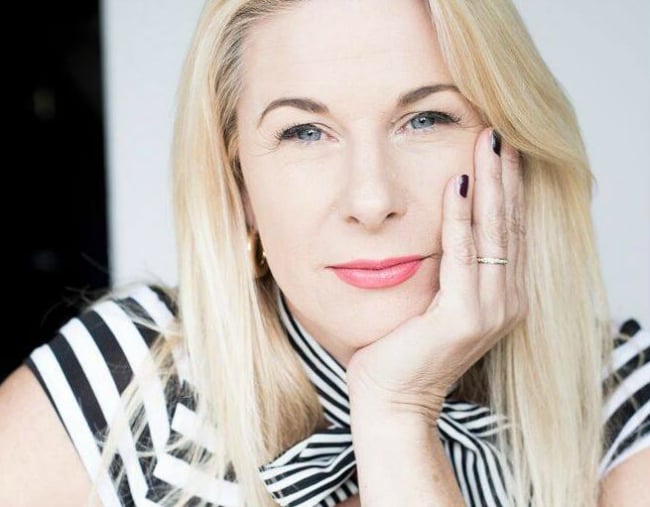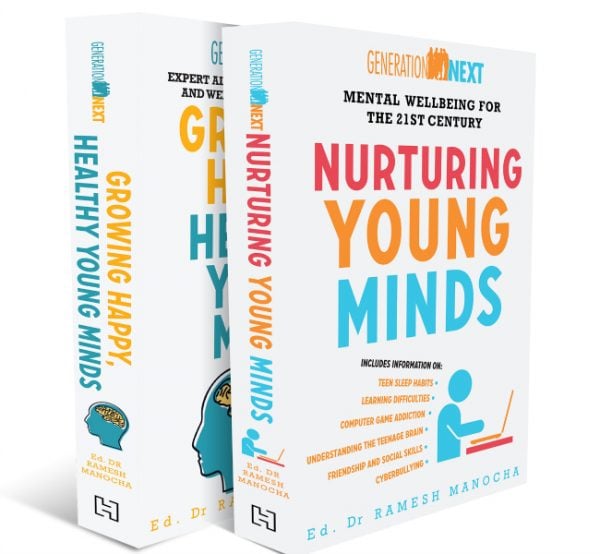

When my daughter was 14 I walked in on her cutting herself.
I freaked out. I screamed “What are you doing? Stop that now! Are you crazy?” She was distressed and embarrassed. My unfiltered reaction had shamed her. She started to weep and scream at me “Go away. Get out. Get out.” I didn’t know what to do.
I went into my own bedroom and collapsed in absolute despair, weeping. Nothing in my parenting experience had prepared me for this place where we had arrived.
We didn’t talk about this at mother’s group. I don’t remember this being in the chart of milestones. My toolbox was empty. As a parent I felt alone and isolated.
What had started as reckless behaviour in her early teens developed into self-harming behaviours, an eating disorder and then later anxiety, depression and suicidal behaviour. This was not the parenting journey I was expecting for my first born. These were my darkest years as a parent.
Living regionally I was even more disadvantaged because of the lack of appropriate youth mental health services for my girl. But it wasn’t just my daughter who needed help – I needed help too. I needed support. I needed to know that I could do this.
Recently, I read two books by a grassroots youth mental health organisation for young people called Generation Next. The two books are called Nurturing Young Minds: Mental Wellbeing in the Digital Age and Growing Happy, Healthy Young Minds. As I read them, I cried.
Created by Dr Ramesh Manocha, a Sydney University senior lecturer in psychiatry, medical practitioner, educator, author and researcher, Generation Next is a national education program aimed at educating professionals and parents about the mental health crisis facing our young people.



Top Comments
Mandy Nolan, thank you for writing this, I have wanted to put my experience out there for some time too.
I can identify with your anguish, I went through the same with my daughter, saw her cutting, saw her thighs shredded with bloody open cuts, and I reacted the same as you described. I felt horror, pain, shock ... something like that. I don't think there are words to describe an emotional knee-jerk reaction to witnessing your own child turning on themselves. I know I said the wrong thing. I know I didn't have a book on the subject. I did seek professional help for my daughter. Resentful and angry she turned against me - I was intruding into her private world of self-mutilation.
I exposed her at school too. And her cutting crowd. I snuck into her private social media messages - I became obsessed with learning about this private world she had with her peers, where cutting was a common interest that seemed to bond them. I might as well have sent her to school naked. She felt so exposed and worse betrayed by me. I thought I was doing the right thing. I'm a single mum, my daughter was 14 at the time. There were signs - I had been blind-sided by her cover stories - that she had been cutting from the age of 12, maybe earlier. By age 15 she was running away frequently and causing chaos at home, she put herself in a Samaritans homeless refuge on the advice of a delinquent friend who had done the same. From there she got a social worker, and the walls went up. I would trace my daughter through her friends social media. At 15 no one in authority came to me. No one said, we have your child she is safe. School told me not to come in or she would run. She began squatting in derelict empty houses. Dumpster diving. All the tricks of the anti-establishment crowd. She is 17 now a practising anarchist, following Frontline political activist groups. Sometimes I spot her in activism photos, disrupting mining, logging, parliament, anywhere she can vent her spleen.
My daughter is my second child and my youngest. I adore her, but I can't get through to her. She has an older brother, my son is 19, and we have a beautiful friendship. He has honestly kept me sane during this time. Sometimes I drive him crazy worrying about his sister, where she is..how she is. I have cried rivers. Given myself a chronic cry-induced headache that is now part of me. Most people I meet, the first thing out of my mouth is something about my daughter. I want her so badly to exist. To be part of my life again. She won't answer my messages and she hangs up when I ring (I'm grateful even to hear her phone ring). Last time I saw her was November last year. She said she was travelling up north. She gave me a hug and said she loved me. So that was something.
Oh lovey, I feel for you. I sincerely hope that things get better for you both. Please don’t beat yourself up, you did what you did because you cared enough to do so. I am so upset for you that authorities never allowed you the peace of knowing your daughter was safe somewhere. Good luck